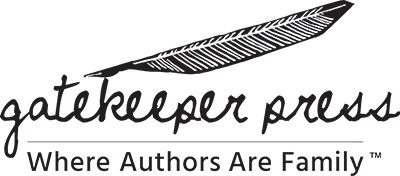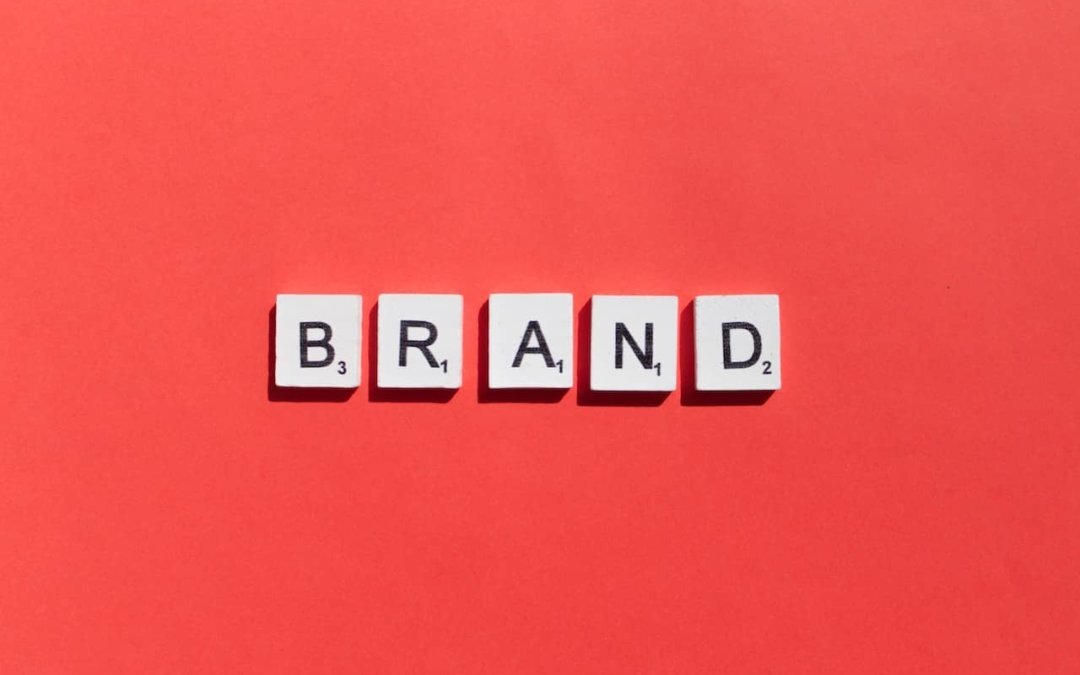Authors may instinctively recoil in fear at the prospect of having to learn salesmanship skills as one of their required roles. The hard truth, though, is that the author who doesn’t make the effort to cultivate a unique author brand, as part of the marketing efforts for their book, is very likely to see it wither into the abyss.
So, what is meant by the term “author branding,” anyway? Is it an author logo? Actually, your author brand is much broader than just a logo. It is more like your author identity, as perceived by your readers.
A well-crafted author brand supersedes the visual, evoking an emotional response in the reader. Through your branding efforts, they come to believe that your writing has the power to take them on an exciting journey, teach them something valuable, or simply entertain them.
Think of Stephen King. When you hear his name you immediately envision his suspense thrillers. You conjure up a foreboding sense of darkness and may recall violent scenes from his books. However, it is Stephen King, not his books, that is the brand; his books are simply an extension of him.
You may wonder if author branding is all that necessary, and the answer is an unequivocal “yes.” Competition is fierce, so authors must have a way of separating themselves from the pack via a recognizable brand. Read on to learn the best way to build a platform as an author, from which your brand will be born.
How Do I Brand Myself As an Author?
Even if, as a writer, you are not all that confident in your abilities to create an author brand, you must push through and invest the time and effort required. Your efforts to build an accurate reflection of yourself as an author through branding must be intentional and well thought out.
Step #1: Consider Your Ideal Reader
To begin the process of author branding, you must first define your target audience. Create a persona to put some flesh on this reader, and list some traits they would have. Once you have identified this reader profile, think of how you might connect with them in person. What would they be responsive to, in terms of messaging, color palette, tone of voice, and aesthetic?
Step #2: Add Your Unique Spin
Whichever genre you write in, there is likely to be an acceptable brand “type” that is already established. Your job is to add your own angle, something that will differentiate you from the pack. It may be a unique take on your author photo, an unusual color combination, or an avant-garde font for your name.
Step #3: Be Consistent
When you define your brand it will include certain basic elements, such as a logo, an author bio, a particular font and color scheme, and tone. Keep these elements of your brand consistent across all platforms by using a style guide. This prevents the brand messaging from being diluted, or even confusing, to the reader.
Step #4: Make it an Extension of You
Decide how you want to be perceived and then create your brand around that. This is especially important for nonfiction authors. Do you want to be a trusted advisor? A romance coach? A helpful counselor? Define your role in such a way that the reader will connect your name with a level of expertise in a certain realm.
Step #5: Cover all the Bases
Begin developing your author brand even before your book is published. This involves building a platform as an author with an author website and social media platforms, where you can begin introducing people to your brand. Provide some snippets about yourself in social media profiles, reveal a character from the book, pen some blog posts that dovetail with your book, or share about your area of expertise if you write in the nonfiction space.
Memorable Author Branding Examples
For sure, the number one asset an author brings to the table is their writing chops. Pure talent goes a long way in improving the chances of your book’s commercial success. Branding, however, is a close second. It is through author branding that you entice the reader to give your book a shot in the first place.
Effective branding is persuasive in a subtle way and forms an emotional connection. It messages the reader through imagery, color, flair, and intrigue. It is consistent and unambiguous. It is visually attractive and hard to resist.
Consider these compelling author-branding examples from successful authors:
Nicholas Sparks. Nicholas Sparks’ 22 books have a highly recognizable visual identity, with a consistent clean sans-serif font and images that immediately evoke the whiff of romance. The continuity of his cover designs has helped the author successfully carve out a brand that is unique to him.
Delia Owens. With her mega-hit debut bestselling novel, Where the Crawdads Sing, Delia Owens has carefully crafted a brand that stays true to the North Carolina aesthetic of her story. She has skillfully integrated the use of social media to enhance the author branding efforts and has an upcoming motion picture release of the book to further define her brand.
Nora Roberts/J.D. Robb. Yes, these authors are one and the same person with two unique brands. The appearance and branding of Nora Roberts’ romance novels is the polar opposite of the crime series written by her pseudonym, J.D. Robb. Careful attention was paid to create a clear delineation between the two brands.
Robert Kiyosaki. As the charismatic author of Rich Dad, Poor Dad, Kiyosaki has built a multi-dimensional brand. Being anything but your ordinary nonfiction author about personal finance topics, Kiyosaki parlays his personality assets to include coaching, YouTube videos, blogs, and investing classes. The Rich Dad brand is ubiquitous in financial circles as well as with mainstream audiences.
Chalaine Kilduff. Author Kilduff and her creative team have created a brand around dogs, kids, and children’s picture books. The website features a wholesome, smiling photo of the author, followed by a slew of adorable pics of kids reading her book, Sit. Stay. Love. Life Lessons from a Doggie with their pups in tow. Companion products, like t-shirts and greeting cards, further define her highly approachable brand.
As you can see, the strongest author brands are unique, consistent, and relevant to their target audience. We hope this guide to why author branding matters was helpful to you!
Make Sure Your Book is Worthy of Your Author Brand
No matter how amazing a brand you’ve created to attract readers to your book, the book still must deliver on your brand’s promise. Partner with the self-publishing experts at Gatekeeper Press for a perfectly polished product that you can be proud of. Check out our long list of editing and design services today!


